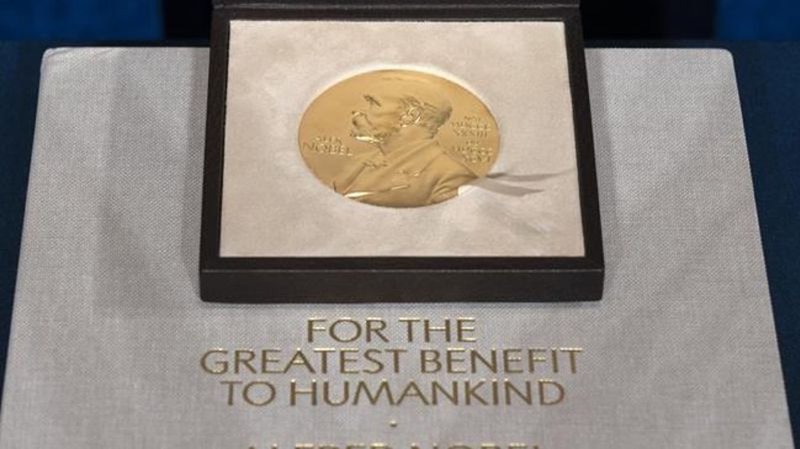
3 US-based economists receive economics Nobel Prize
STOCKHOLM (AP) — A Canadian is among the three U.S-based economists awarded the 2021 Nobel prize for economics for work on drawing conclusions from unintended experiments, or so-called “natural experiments.”
The winners are Guelph, Ont., born David Card of the University of California at Berkeley; Joshua Angrist from the Massachusetts Institute of Technology; and Guido Imbens from Stanford University.
The Royal Swedish Academy of Scienes said the three have “completely reshaped empirical work in the economic sciences.”
THIS IS A BREAKING NEWS UPDATE. AP’s earlier story follows below.


